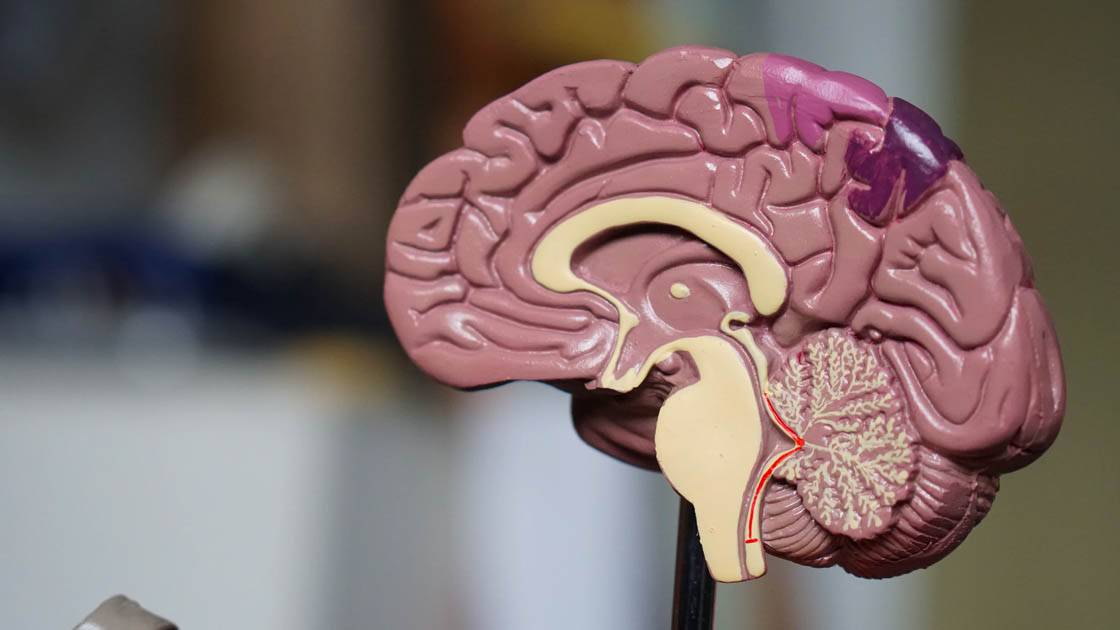
A new Utah Valley University study of over 300 university course catalogs shows that college-level psychology courses about human “intelligence” are waning, and that existing courses contain conflicting and false ideas.
Published in the American Psychological Association, the study was conducted by UVU Psychology Professor Russell T. Warne and a recent UVU undergraduate, Jared Z. Burton. It was a follow-up to a 2018 Warne study about psychology textbooks, where Warne and his co-authors found that over three-quarters of introductory psychology textbooks contained basic errors about intelligence.
Warne’s and Burton’s new 2020 study titled “The Neglected Intelligence Course: Needs and Suggested Solutions” researched 303 university psychology course catalogs, and found that only 12 courses were dedicated to the mainstream theory of intelligence, called G theory. “There were far more courses dedicated to fashionable pop psychology, such as emotional intelligence and the theory of multiple intelligences,” he said, “which is unfortunate for students who think they are enrolling in an intelligence course, and often spend the semester learning incorrect or empirically weak ideas.”
While there is no psychological consensus on the definition of human intelligence, the Collins English Dictionary defines it as the “ability to think, reason, and understand instead of doing things automatically or by instinct.”
Warne emphasized the reason for his concern about the study’s results is that the science of intelligence has practical consequences for everyone — students, parents, employees, bosses, everyone — it affects their schooling, employment, wages, and quality of healthcare, among others. “But many students go through their undergraduate or graduate careers without being exposed to this important body of research, in favor of pop psychology.”
“When we saw the results, we wanted to do more than just alert psychologists about the hole in their curriculum,” Warne said. “So, we included an outline of a human intelligence course and provided ideas for activities, readings, and textbooks to make it easier for readers to start their own course.”
Warne and Burton’s study is called “The Neglected Intelligence Course: Needs and Suggested Solutions” and can be found here. The data, documentation, and methodology of the study can be found here.